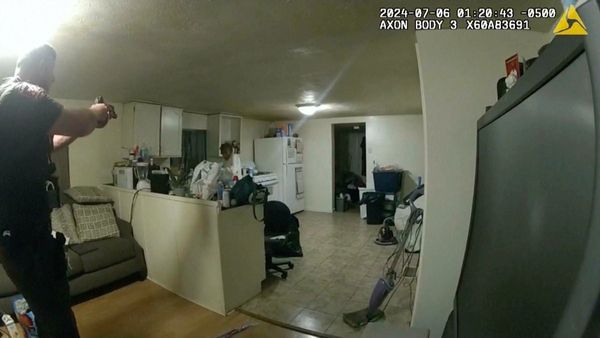Another Omicron COVID-19 sub-variant — thought to be more transmissible than the current dominant strain — has been found in Victorian wastewater.
It is believed to be the first time the sub-strain has been found in Australia.
The state's health department confirmed on Friday afternoon the BA.2.12.1 Omicron strain had been detected in a south-east metropolitan Melbourne wastewater catchment.
The BA.2.12.1 strain is a sub-lineage of the BA.2 Omicron variant, which is currently dominant across Australia.
"Early evidence suggests it is more transmissible than BA.2, but does not cause more-severe disease," the health department said.
BA.2.12.1 is now responsible for about a third of COVID-19 cases in the United States, according to the Centers for Disease Control and Prevention (CDC), up from about 20 per cent of cases in mid-April.
The sub-variant is also spreading through Europe.
Data regarding the new sub-strain is still being collected, so it is too early to definitively say whether it is more contagious or causes more-severe illness.
"Health authorities will prioritise the sequencing of PCR samples from COVID-19 cases in the wastewater catchment area to get a better understanding of the prevalence of the strain," the health department said.
A number of sub-strains of the Omicron variant have been detected this year, with some taking hold more so than others.
There have been no further wastewater detections of the BA.4 or BA.5 strain since it was found in a single wastewater sample in Melbourne earlier this month.
Victoria reported another 19 COVID-related deaths in Saturday morning's update.
There were 9,064 new cases reported across the state, bringing the number of active cases to 54,992.
There are 448 people in Victorian hospitals after contracting COVID-19. Of those patients, 30 are in intensive care units and three are on ventilators.
More than 67 per cent of Victorian adults have now had at least three doses of a COVID-19 vaccine.







